Jardines Silvestres
Sitios amigables con las aves
The Jardines Silvestres Ecento (Ecuadorian Wild Gardens project), led by Sandy Espinoza, works to transform gardens and green areas in Quito to create safe and welcoming places for the local fauna. The project was created in 2019 as the Quito Bird Collective initiative in collaboration with the University of San Francisco Quito, an Ecuadorian liberal arts university that strives to create free thinking individuals, innovators, artists, and entrepreneurs. The Quito Bird Collective promotes participation from community members in participatory science activities and educational activities related to birds, their habitats, and their conservation. The group also spreads awareness about the devastating effects of climate change in the region and what actions can help mitigate these effects. In 2019 the Quito Bird Collective won a mini grant from the Cornell Lab of Ornithology to help support the Wild Gardens initiative in the city.
The launch of the Wild Gardens project was celebrated with a grand event for the community with numerous fun and educational activities. Everyone was welcome to attend a series of discussions about the positive impact that creating wild areas can have on the environment, the city, and Andean biodiversity. The Andean ecosystems have suffered deterioration and loss of biodiversity because of deforestation and urban and agricultural expansion in the region. Gardens and green areas filled with native plants can help create safe and healthy locations for various birds, insects and other animals in the area.
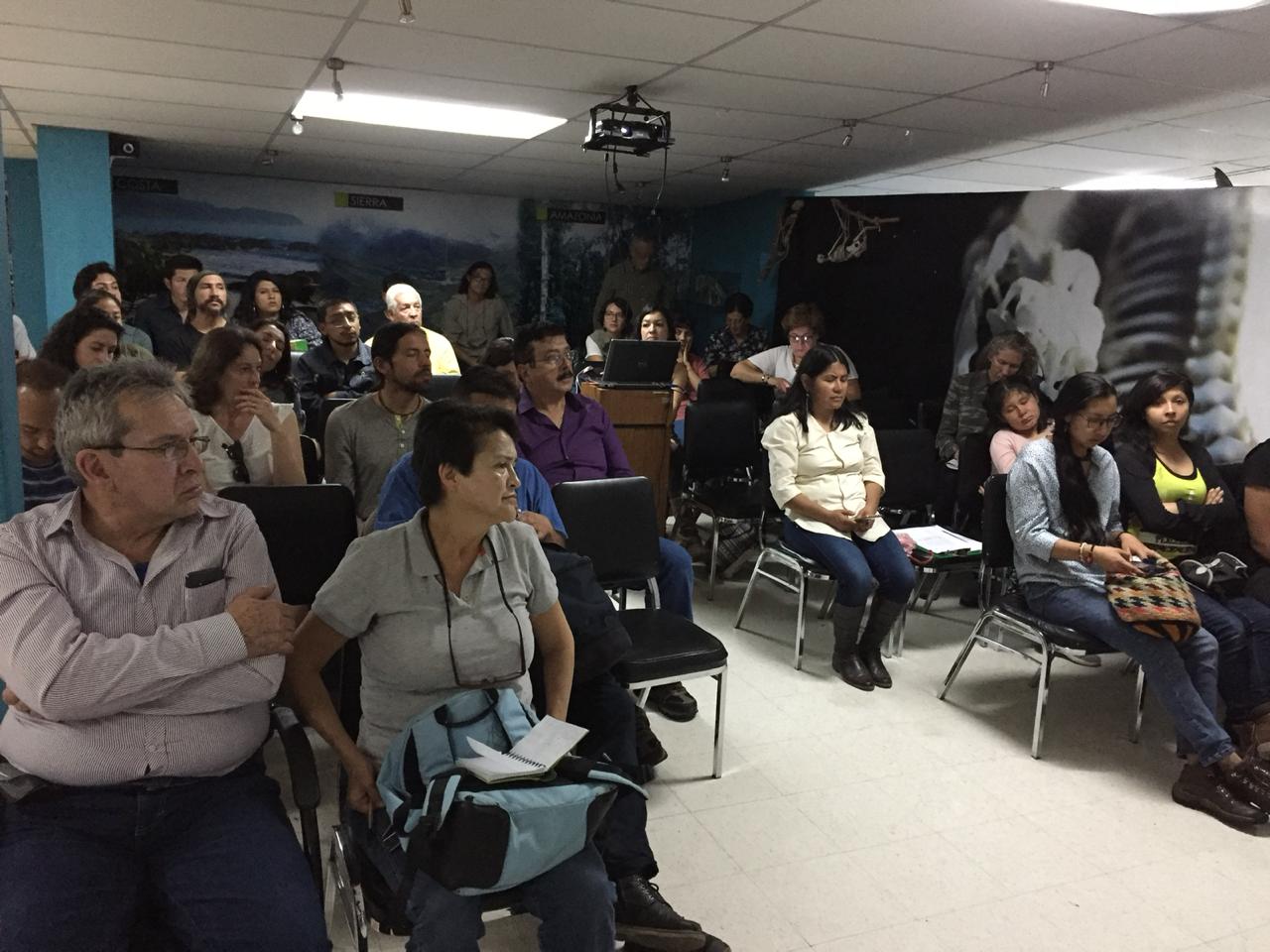
The Wild Garden project event also included fun activities for the children and youth of the community to get them involved in conservation and to appreciate and care for the environment. The artistic activities included painting which motivated the kids to learn more about the birds in their environment and how to identify different species by paying attention to the details of the birds as they painted them. The activities also included getting the children involved in participatory science activities through observations in nearby gardens. Here the kids were able to observe and get to know many of the common local birds and create a strong connection to nature. How wonderful!
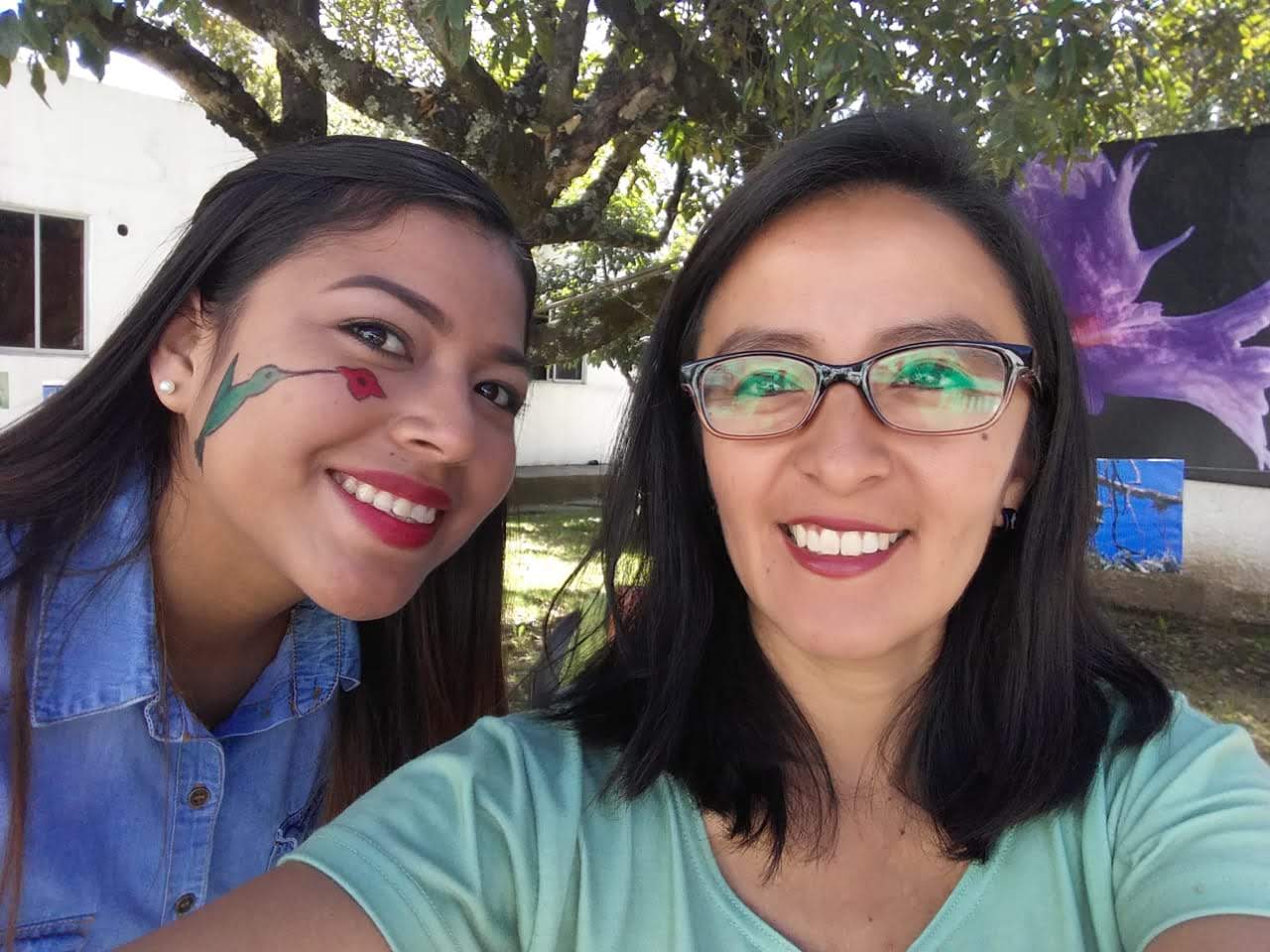
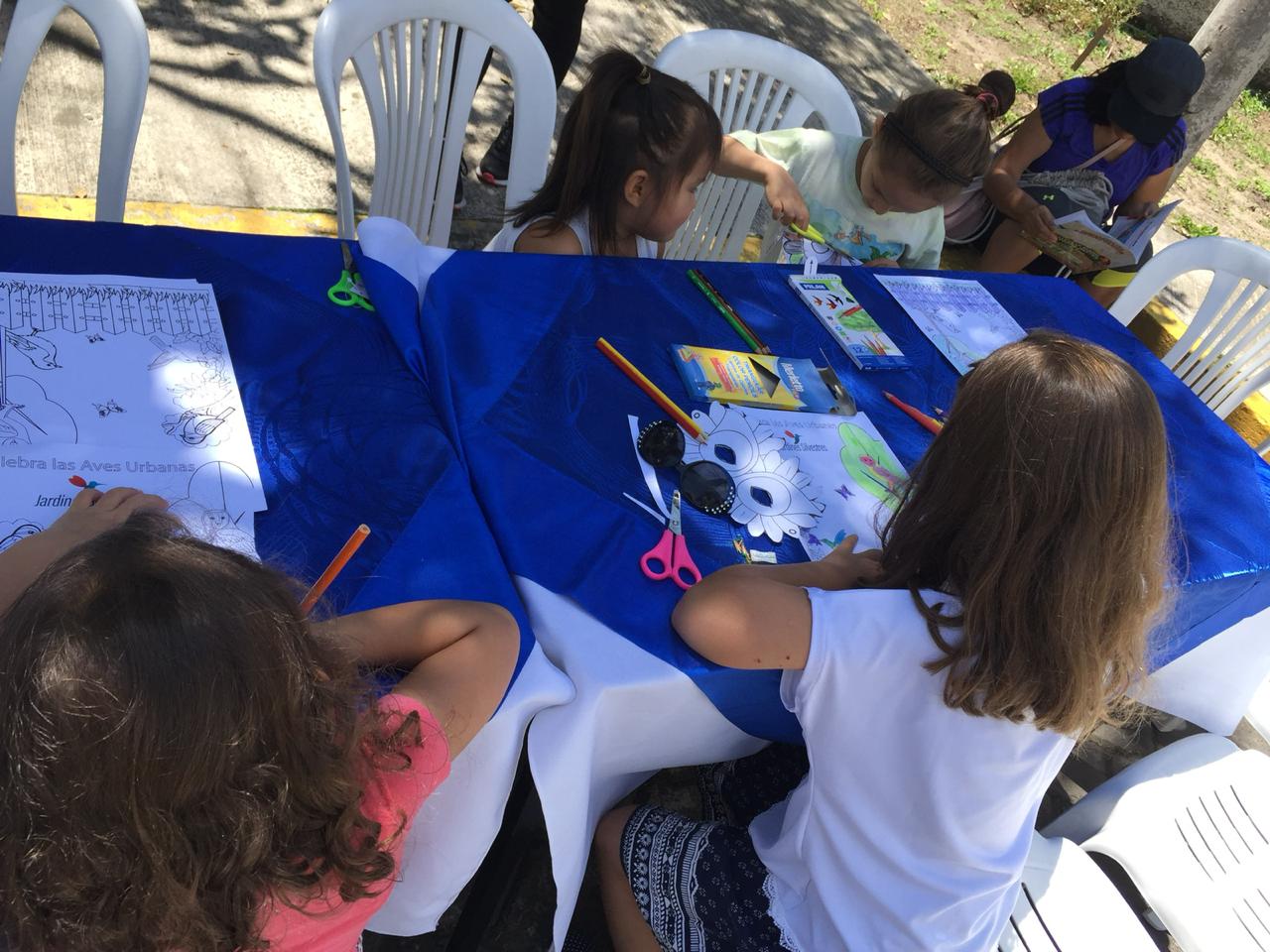
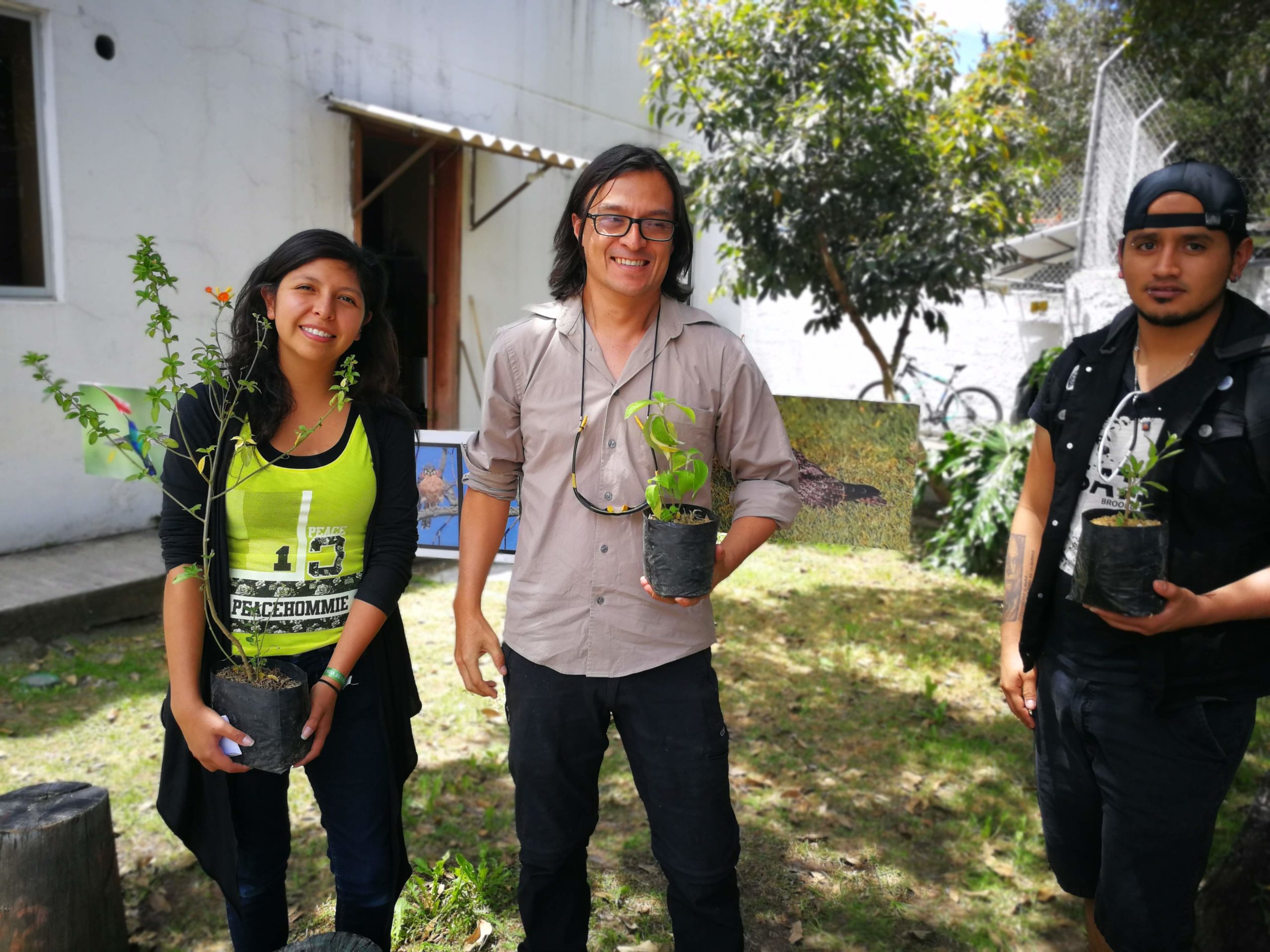
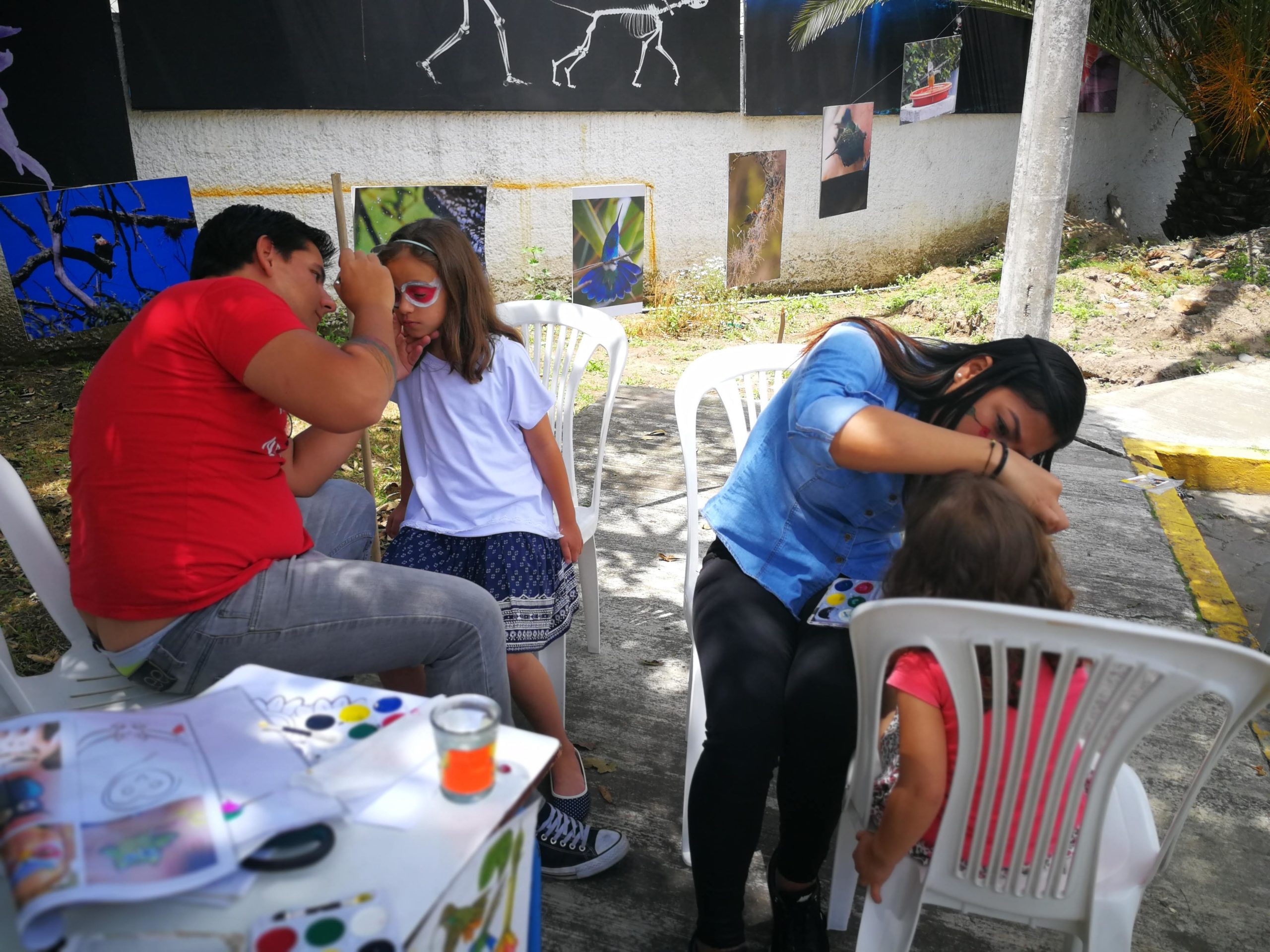
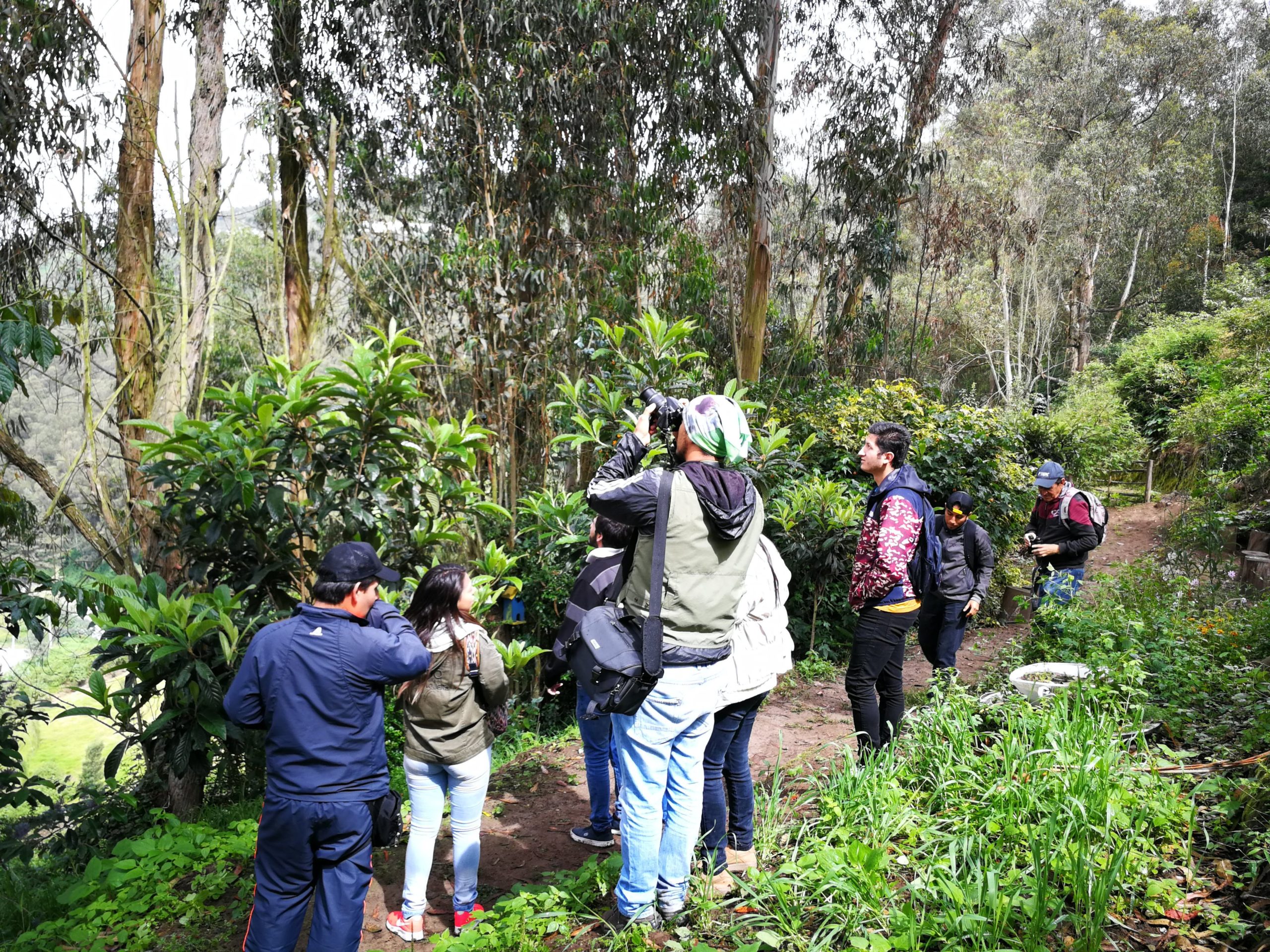
Participants learned how to create and care for wild gardens as well as the benefits these gardens offer for both animals and people. Information included what kinds of plants are best and what level of care they require. One discussion explained the importance of using native plants in gardens because the native plants are better adapted to local environmental conditions such as water access, climate, and the quality of the soil. These plants are more resilient and will need less care and can provide food and shelter for the birds. They shared some examples of some beautiful native plants and how to care for them. The participants were so happy!
Some participants had the opportunity to participate in in-person events such as the children’s outing and a second observational outing to the Vincentian Ecological Trail. Student tourists, biologists, and elderly participants all joined. The group learned about the different plants included on the Trail and how they interact with different birds and insects. They had a chance to observe 14 different species of birds, among them the Giant Hummingbird and the Crimson Mantled Woodpecker. The participants also got their hands dirty as they helped plant 40 different native plant species. Some of the native plants included Salvia quitensis, Lantana rugulosa, Aloysia scorodonioides, and Alternanthera porrigens. This was a great success!
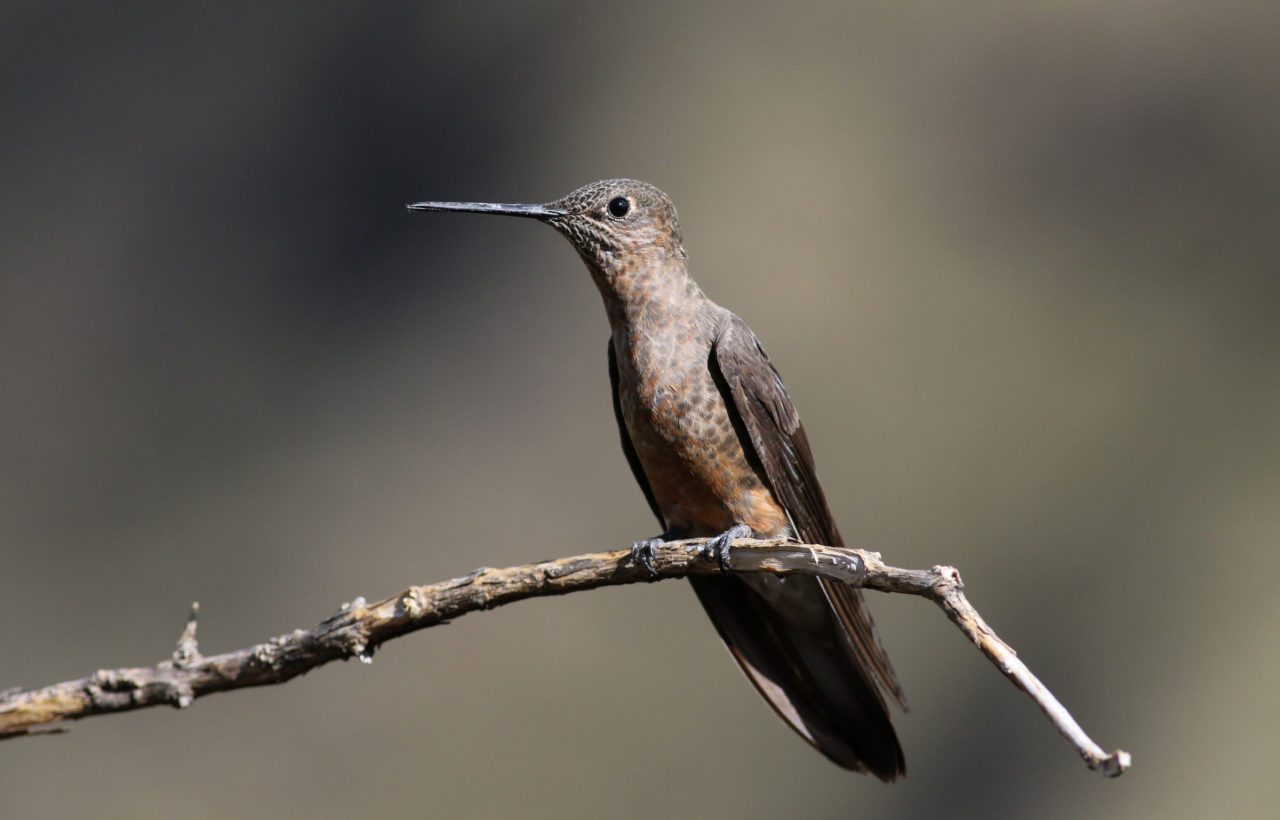
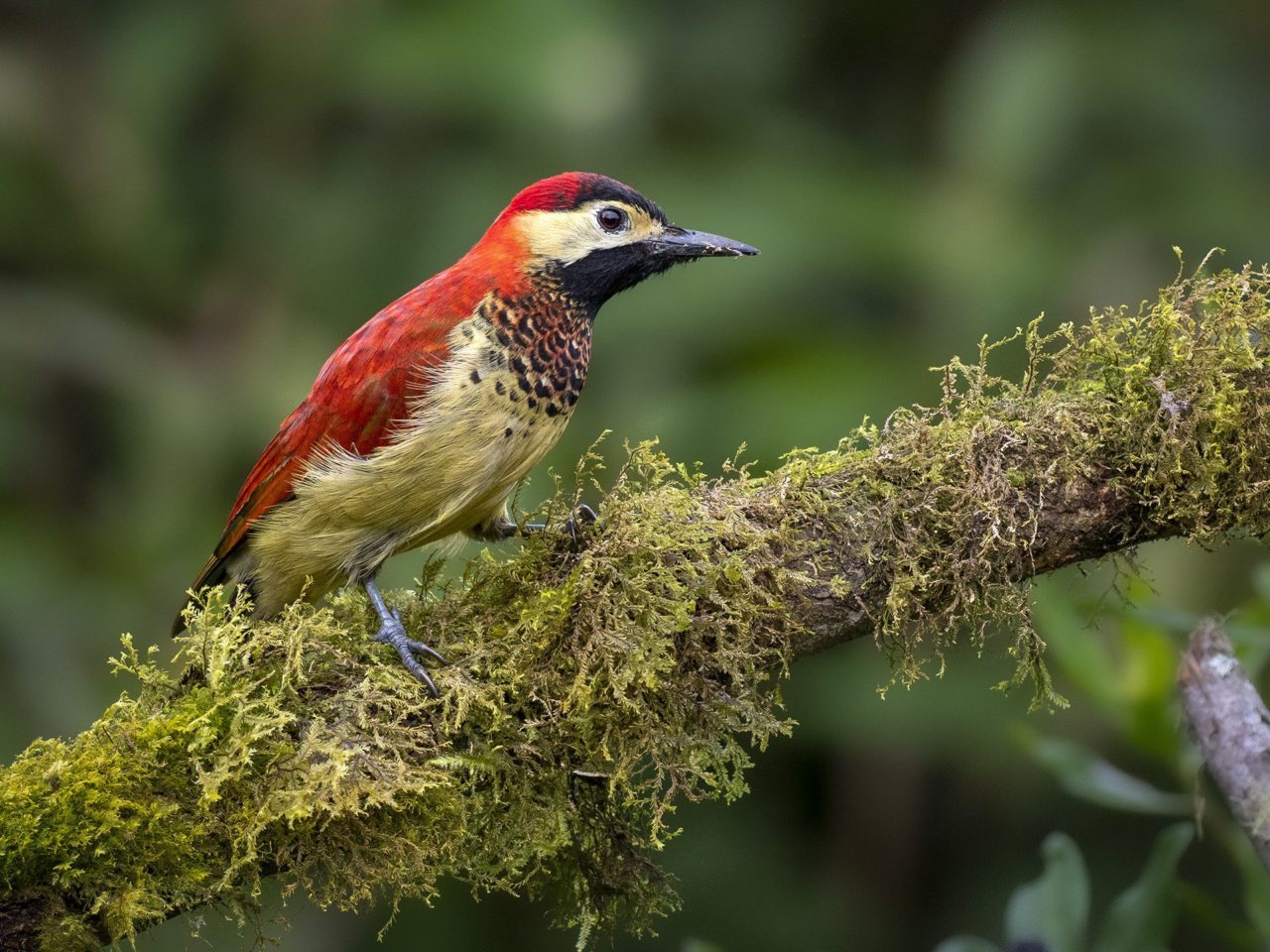
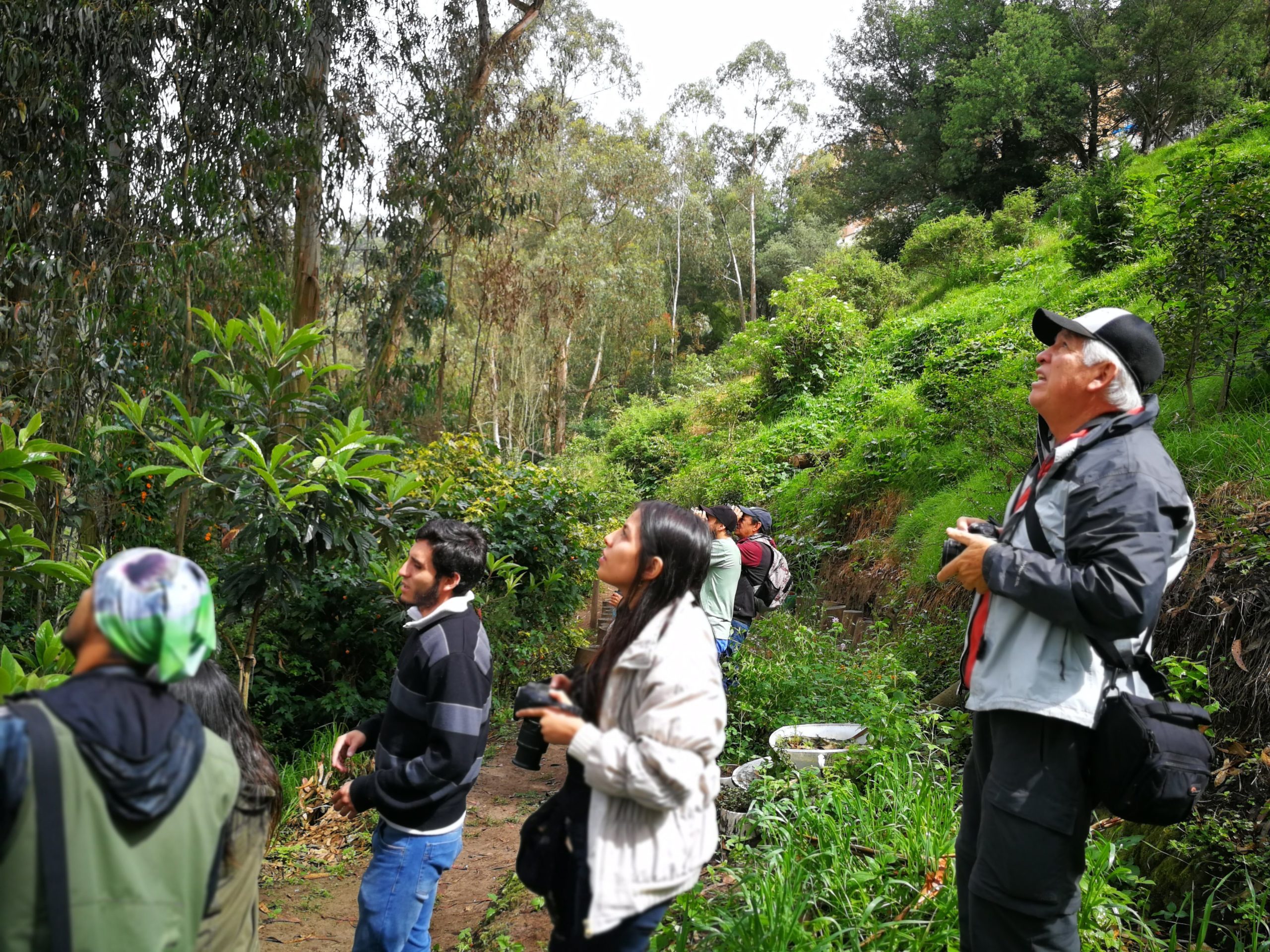
The activities helped create awareness about how visiting green areas and creating and maintaining gardens can benefit the wellbeing of people, their families, and the community. The cultural and historical significance of various species of plants was also explored. Many participants were excited to learn about how many native plants have been a part of Ecuadorian culture and left the event inspired to grow plants found naturally in the area and promote conservation, restoration, and care of the environment and highlight part of their cultural heritage.


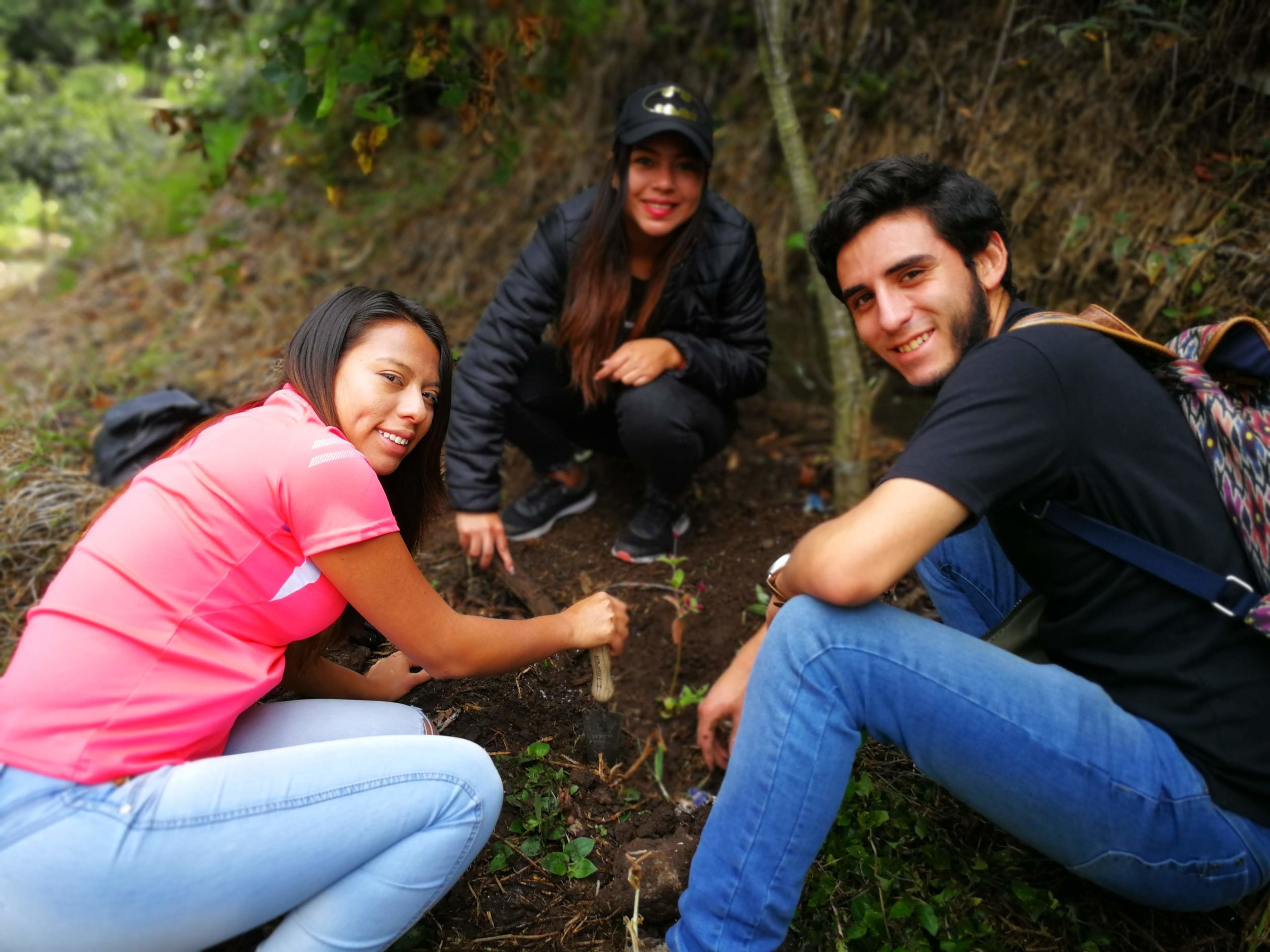
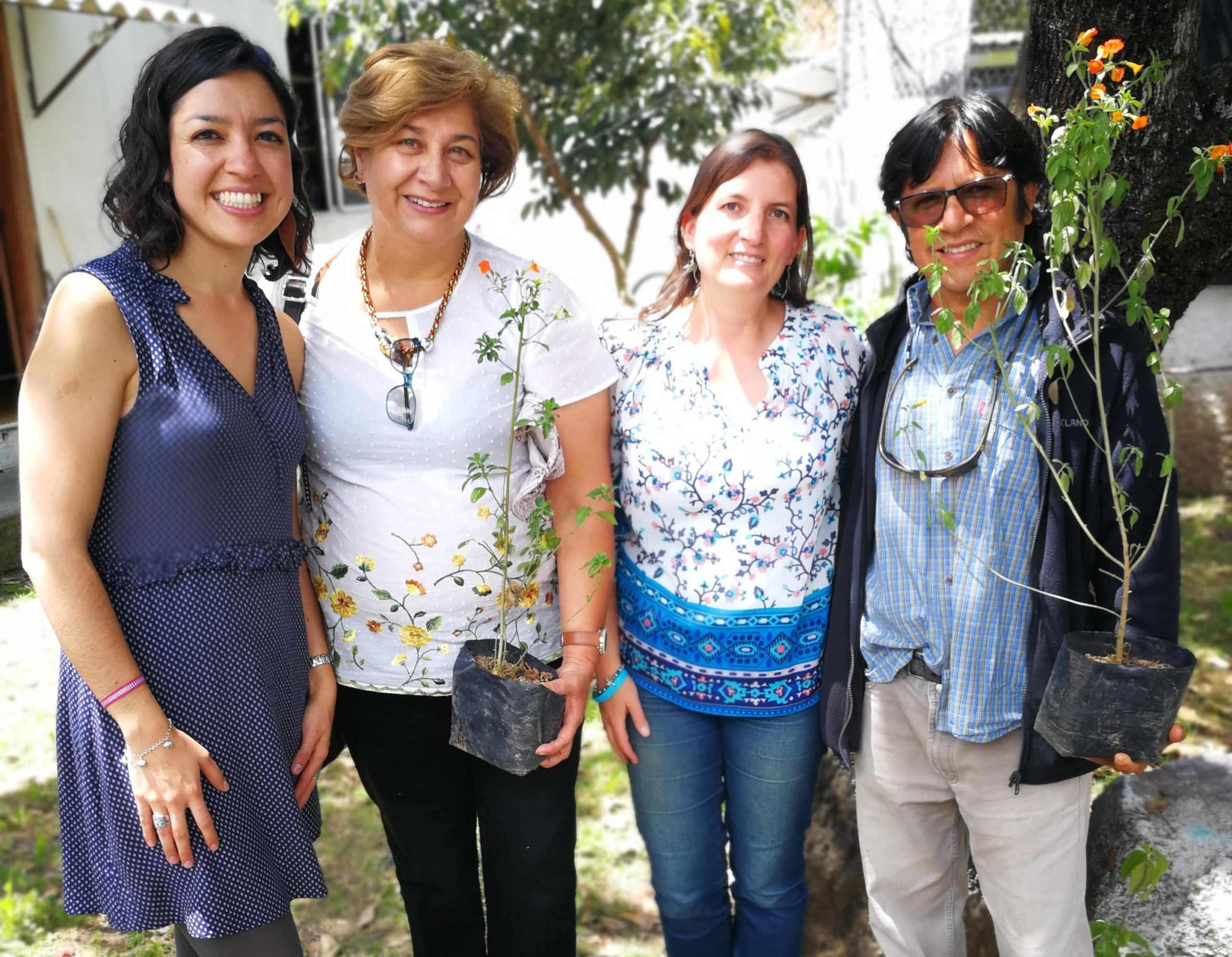
The organizers and coordinators of the activities for the Wild Gardens project are grateful for the support given by the Quito Bird Collective, the University of San Francisco Quito, and the Cornell Lab of Ornithology, with which they were able to carry out these activities. They would like to give a special thanks to all of the participants who’s joy and interest made the activities a huge success.
The images are courtesy of the Jardines Silvestres project.
